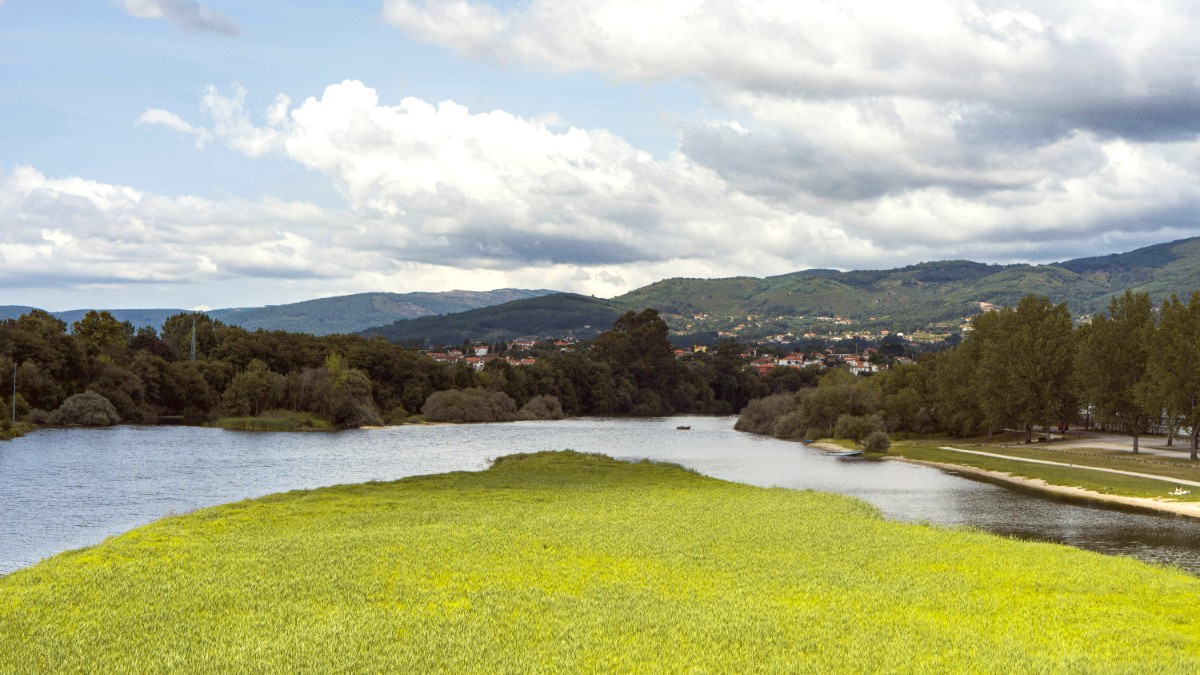
The North, Portugal
Natura 2000 Sites protect biodiversity around the Lima River estuary and coastline. Efforts protect dune systems, especially at Cabedelo beach. Serra de Arga is a protected landscape with conservation for flora, fauna, and Garrano horses. Stay on marked paths to protect fragile vegetation.
Recycling bins (Ecopontos) are widespread: yellow for plastic/metal, blue for paper/cardboard, green for glass. Avoid littering. Responsible water usage is always encouraged; take shorter showers and reuse towels in accommodations.
Consider supporting Carbon offset programs for flights, like Terrapass. Utilize public transport (trains, buses) for longer distances. Walk or cycle within the city. Choose eco-friendly accommodations and ethical tour operators like G Adventures or conservation organizations like The Rainforest Site. Support brands like Patagonia for gear and Package Free Shop for reusable products.
Engage respectfully with local customs and traditions to enrich your visit.
Viana do Castelo actively preserves its historic center, traditional architecture, and cultural heritage.
Politeness and awareness of social norms foster positive interactions.
Mindful photography respects individual privacy and sacred spaces.
Entering churches and other sacred places calls for respectful conduct.
Staying in locally owned guesthouses (Alojamento Local) and traditional restaurants directly benefits local families. Visit artisan workshops and buy directly from local craftspeople.
Prioritize purchasing local, handmade products like filigree jewelry or embroidered items from reputable local artisans, not mass-produced souvenirs. Ask about goods' origins.
Be patient with service in restaurants; it is often slower, reflecting a more relaxed pace of life in Portugal.
Support the local economy and avoid practices that cause harm to the community.
Your choice to support local establishments directly benefits the community.
Your travel choices influence the well-being of the destination.
Community-based tourism fosters local benefits and authentic experiences.
Staying in small, locally owned guesthouses (Alojamento Local) directly supports local families and keeps tourism revenue within the community.
Dine at traditional "tascas" and family-run restaurants. This not only offers authentic cuisine but also supports local businesses over international chains.
Visit artisan workshops and purchase directly from local craftspeople. This directly funds creators and preserves traditional skills, like filigree jewelry making.